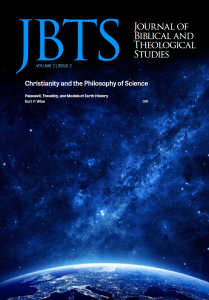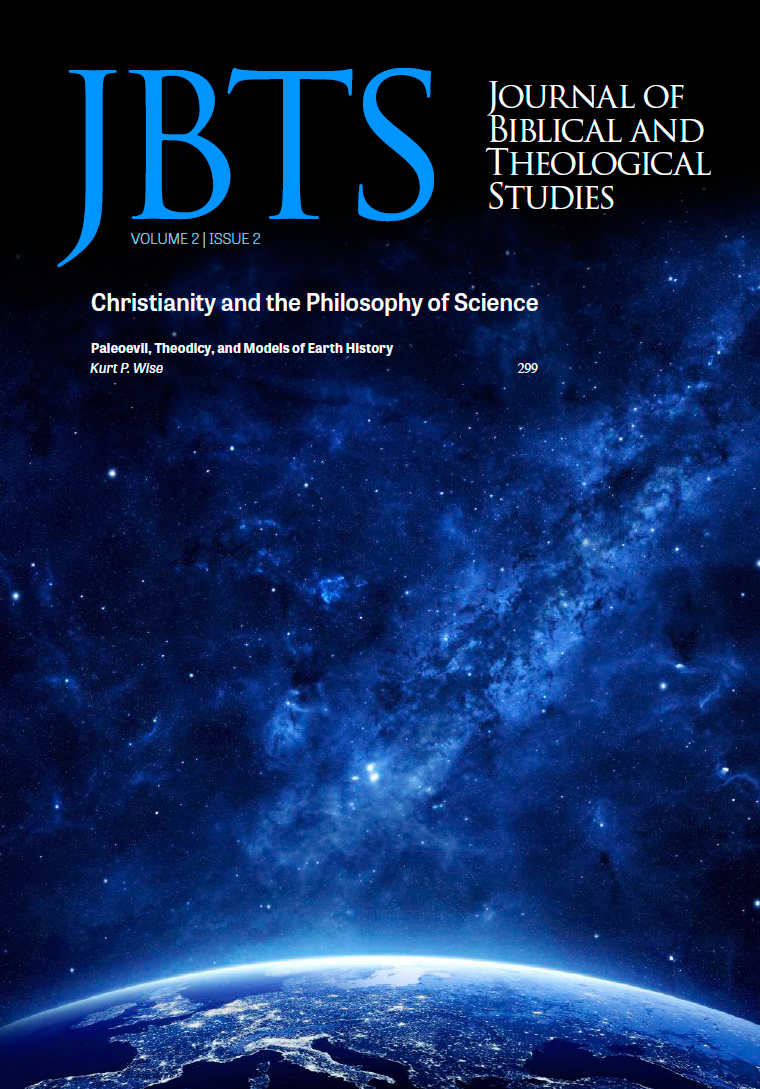Paleoevil, Theodicy, and Models of Earth History
Kurt P. Wise
Kurt Wise earned a Ph.D. in paleontology and is Professor of Natural Science and Director of the Brady Center for Creation Research at Truett Mcconnel University in Cleveland, Georgia

Abstract: The total amount of natural evil includes natural evil in the present world plus the natural evil of the past—including ‘paleoevil’, the natural evil inferred from the geologic record. ‘Baseline paleoevil’—paleoevil directly inferred from the geological record—is considerably greater than the natural evil observed in the present. Beyond phenomena of the present that cause suffering—such as disease, parasitism, carnivory, degenerative aging, accidental injury, death, extinction, floods, droughts, storms, tsunamis, mudflows, and avalanches—the geologic column also evidences
giant meteorite impacts, supervolcanoes, and superquakes. Because the geologic column is an incomplete sample of earth history, the actual amount of paleoevil is an amplification of baseline paleoevil. How much the baseline paleoevil is amplified is dependent upon one’s view of earth history. A minimal amplification is necessary if the earth is young; an amplification by at least five orders of magnitude is required if the earth is old. Even greater amplification is required if organisms arose by biological evolution.
Augustine’s theodicy dominated most of Church History, but the only paleoevil it can explain is young-age paleoevil. Of theodicies fashioned to explain old-age paleoevil, Alvin Plantinga’s requires a fall of angels prior to that indicated in Scripture and William Dembski’s requires a judgement before sin inconsistent with a biblical view of God. Although theodicies similar to that proposed by Augustine can explain young-age paleoevil, no theodicy seems to adequately address either old-age or evolutionary paleoevil.
Key Words: natural evil, theodicy, Augustine, young earth, old earth, philosophy of science, Alvin Plantinga, William Dembski




